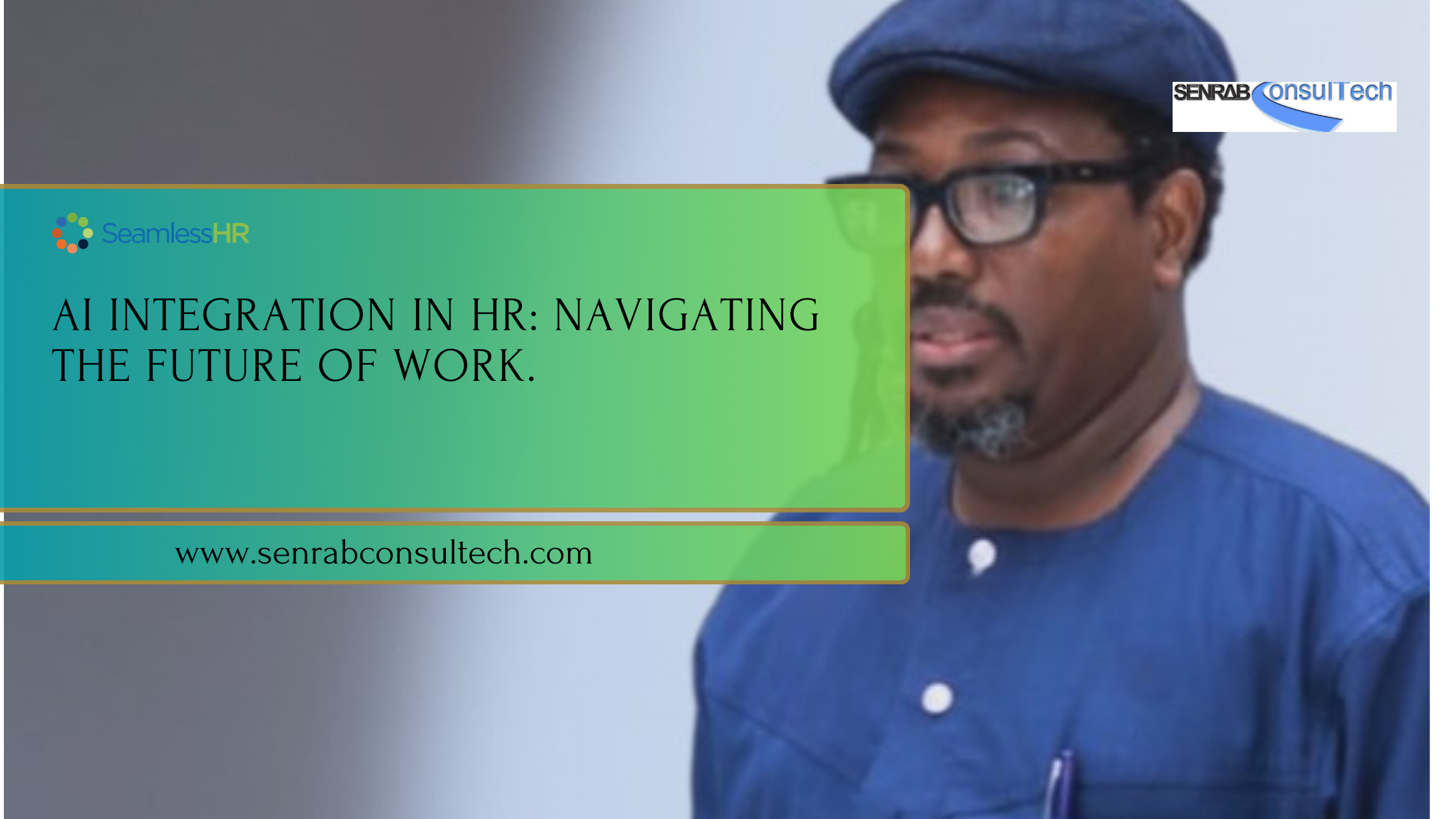As we progress through 2024, HR information System keep changing. The landscape of Human Resources (HR) continues to evolve rapidly, driven by technological advancements and changing workforce dynamics. HR Information Systems (HRIS) are at the forefront of this transformation, offering innovative solutions to meet the demands of modern HR practices.
To help you stay ahead of the curve, we’ve compiled a list of the top 10 HRIS trends you need to know this year.
Top 10 HR Information System Trends
AI-Powered Recruitment
Artificial Intelligence (AI) is revolutionizing the recruitment process by automating routine tasks and enhancing decision-making. In 2024, HR Information System platforms are increasingly incorporate AI to streamline candidate sourcing, resume screening, and interview scheduling.
AI-driven tools can analyze vast amounts of data to identify the best-fit candidates, reducing time-to-hire and improving the quality of hires. As organizations continue to embrace AI, expect to see more HRIS solutions offering sophisticated AI capabilities to optimize recruitment.

Predictive Analytics for Workforce Planning
Predictive analytics is becoming a game-changer in workforce planning, allowing HR teams to forecast future workforce needs and make informed decisions. By analyzing historical data, HRIS platforms can predict trends such as employee turnover, skills gaps, and workforce demand.
In 2024, more HR Information System will integrate predictive analytics to help organizations anticipate challenges and strategically plan their workforce. This trend enables companies to be proactive rather than reactive in their HR strategies.
Integration of Employee Wellness Programs
Employee well-being has emerged as a critical focus for organizations, especially in the wake of the pandemic. In 2024, HRIS platforms are increasingly incorporate wellness features such as mental health resources, fitness tracking, and stress management tools.
These integrations allow HR teams to monitor employee well-being and create a healthier work environment. By prioritizing wellness, organizations can improve employee satisfaction, reduce burnout, and enhance overall productivity.
Enhanced Learning and Development Capabilities
As the skills landscape continues to evolve, continuous learning and development have become essential for employee growth and organizational success. In 2024, HRIS platforms are expanding their learning and development modules to offer personalized learning paths, microlearning, and AI-driven skill assessments.
These capabilities enable employees to acquire new skills and stay competitive in their roles. Companies that invest in advanced learning and development features within their HRIS will be better equipped to build a skilled and adaptable workforce.
Remote Work Management
The shift to remote and hybrid work models has changed how organizations manage their workforce. HR information Information System platforms in 2024 are adapting to this trend by offering enhanced remote work management features. These include tools for virtual onboarding, remote performance management, and collaboration tracking.
HRIS systems are also integrating with communication platforms like Slack and Microsoft Teams to facilitate seamless remote work. As remote work continues to be a significant trend, HRIS platforms will play a crucial role in managing distributed teams effectively.

Advanced Data Privacy and Security Measures
With the increasing reliance on HRIS platforms to store sensitive employee data, data privacy and security have become top priorities. In 2024, HRIS providers will implement advanced security measures, including encryption, multi-factor authentication, and compliance with data protection regulations such as GDPR and CCPA.
These measures ensure that employee data is protected from breaches and unauthorized access. Organizations must choose HRIS platforms that prioritize data privacy and offer robust security features to safeguard their information.
AI-Driven Employee Engagement
Employee engagement is key to retaining top talent and fostering a positive work culture. In 2024, HRIS platforms will leverage AI to enhance employee engagement strategies. AI tools can analyze employee feedback, sentiment, and behavior to identify areas for improvement and recommend personalized engagement initiatives.
For example, AI-driven surveys and pulse checks can provide real-time insights into employee morale, allowing HR teams to take proactive steps to address concerns. This trend ensures that organizations can maintain high levels of engagement and create a thriving workplace culture.
Customizable HR Workflows
One-size-fits-all HR processes are becoming a thing of the past. In 2024, HRIS platforms will offer more customizable workflows to meet the unique needs of different organizations.
Customizable HR workflows allow HR teams to tailor processes such as recruitment, onboarding, and performance management to align with their specific business goals and culture. This flexibility ensures that HRIS platforms can adapt to the evolving needs of organizations, providing a more personalized and effective HR experience.
Integration with Payroll and Financial Systems
In 2024, seamless integration between HR Information System platforms and payroll or financial systems will become increasingly important. This integration allows for accurate and efficient payroll processing, ensuring that employees are paid correctly and on time.
Additionally, integrating HR Information System with financial systems enables better budgeting, forecasting, and financial reporting. Organizations that leverage integrated HRIS and payroll solutions can reduce administrative burden, improve financial accuracy, and enhance overall operational efficiency.
Focus on Diversity, Equity, and Inclusion (DEI)
Diversity, Equity, and Inclusion (DEI) initiatives have gained significant momentum in recent years, and in 2024, HRIS platforms will play a crucial role in advancing these efforts. HRIS systems are incorporating DEI analytics, enabling HR teams to track diversity metrics, identify disparities, and create inclusive hiring practices.
Additionally, some HR Information System platforms offer training modules on unconscious bias and inclusive leadership. By prioritizing DEI within HRIS, organizations can foster a more diverse and equitable workplace, driving innovation and employee satisfaction.
Conclusion
The HR Information System landscape in 2024 will be marked by rapid innovation and a focus on enhancing every aspect of HR management. From AI-powered recruitment and predictive analytics to customizable workflows and DEI integration, these trends are shaping the future of HRIS.
For organizations looking to stay competitive, embracing these trends is essential. By investing in advanced HRIS solutions, companies can streamline their HR processes, improve employee engagement, and build a resilient and future-ready workforce.


